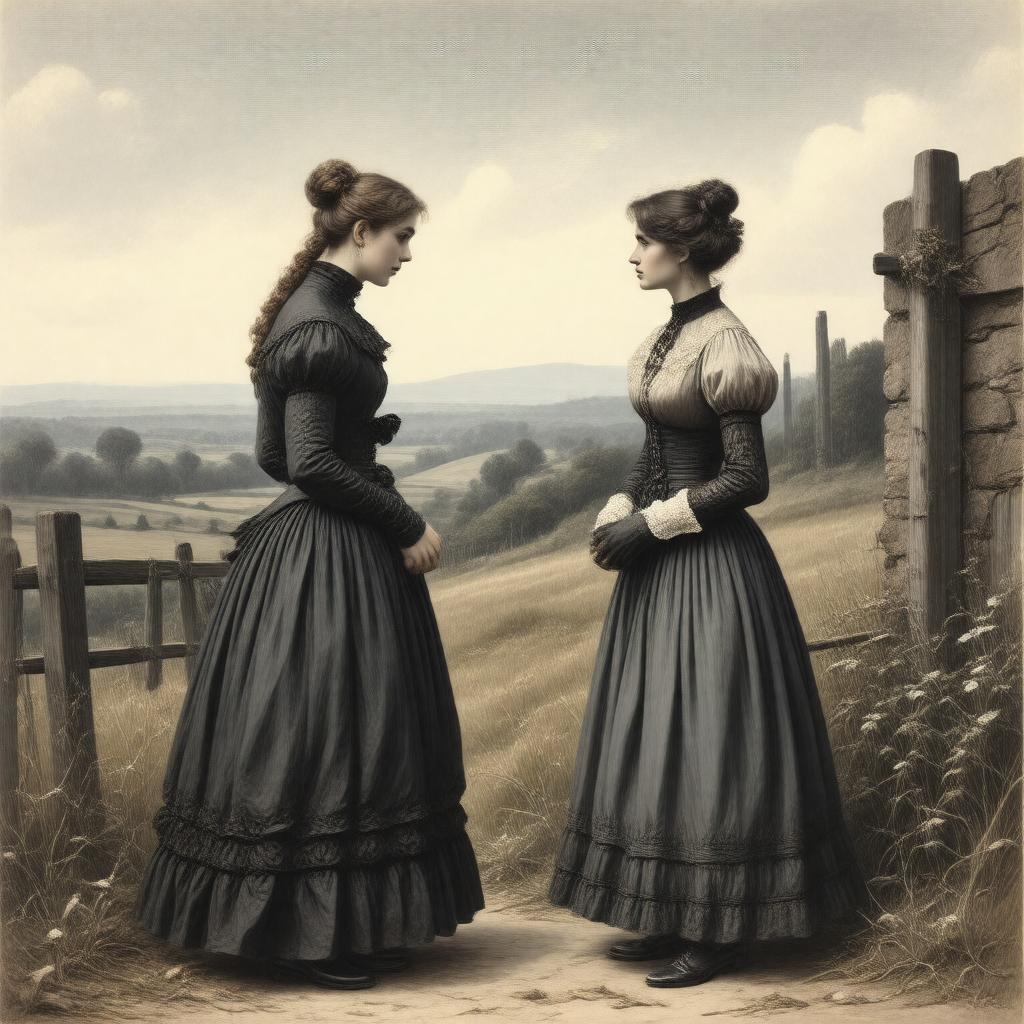
AI-created image
Statements (22)
| Predicate | Object |
|---|---|
| gptkbp:instanceOf |
gptkb:poetry
|
| gptkbp:author |
gptkb:Thomas_Hardy
|
| gptkbp:countryOfOrigin |
gptkb:United_Kingdom
|
| gptkbp:firstPublished |
1866
|
| gptkbp:form |
gptkb:public_speaker
|
| gptkbp:genre |
gptkb:satire
|
| gptkbp:language |
English
|
| gptkbp:mainCharacter |
gptkb:Melia
Melia's friend |
| gptkbp:publishedIn |
gptkb:Cornhill_Magazine
|
| gptkbp:rhymeScheme |
AABB
|
| gptkbp:setting |
gptkb:Victorian_England
|
| gptkbp:subject |
prostitution
fallen women |
| gptkbp:theme |
gptkb:social_class
morality Victorian society |
| gptkbp:tone |
ironic
|
| gptkbp:verseNumber |
6
|
| gptkbp:bfsParent |
gptkb:Poems_of_the_Past_and_the_Present
|
| gptkbp:bfsLayer |
5
|
| http://www.w3.org/2000/01/rdf-schema#label |
The Ruined Maid
|